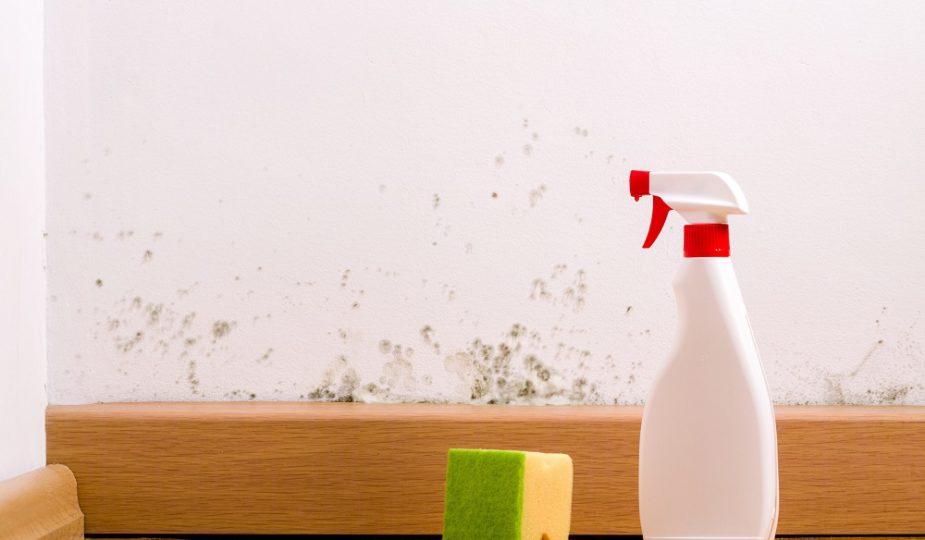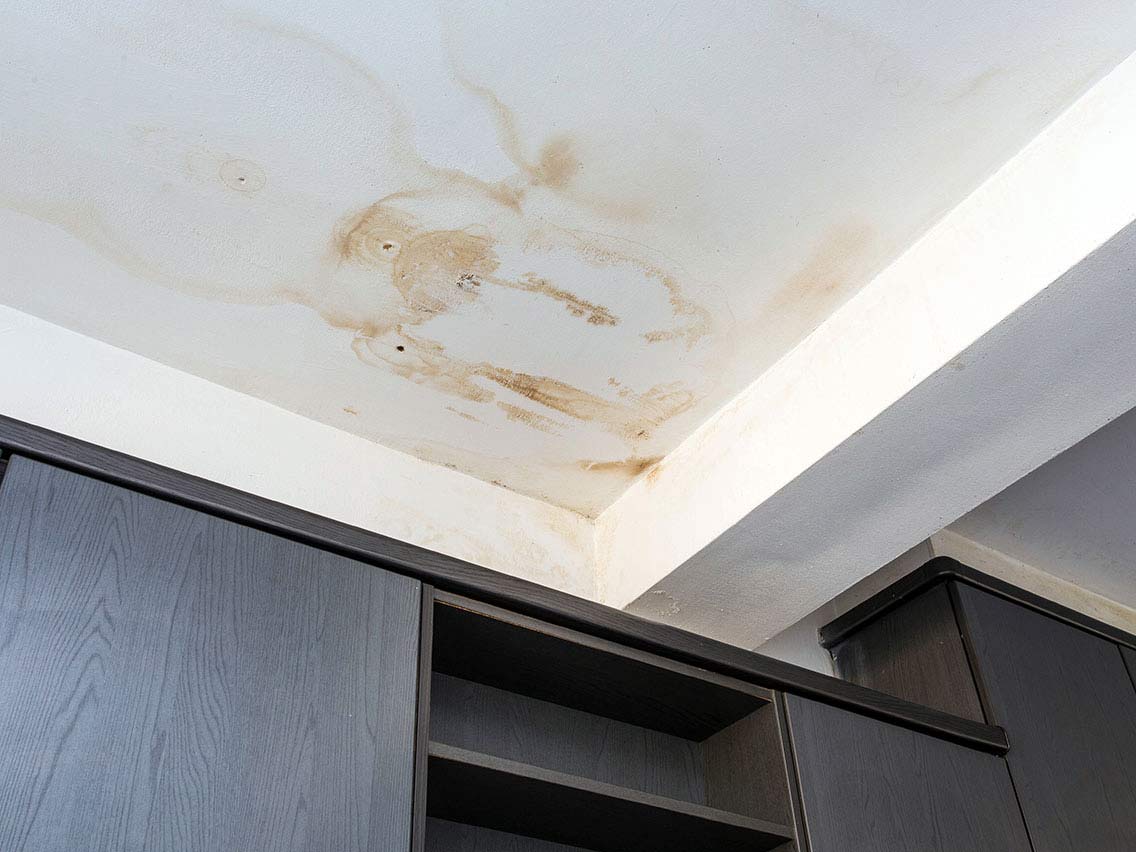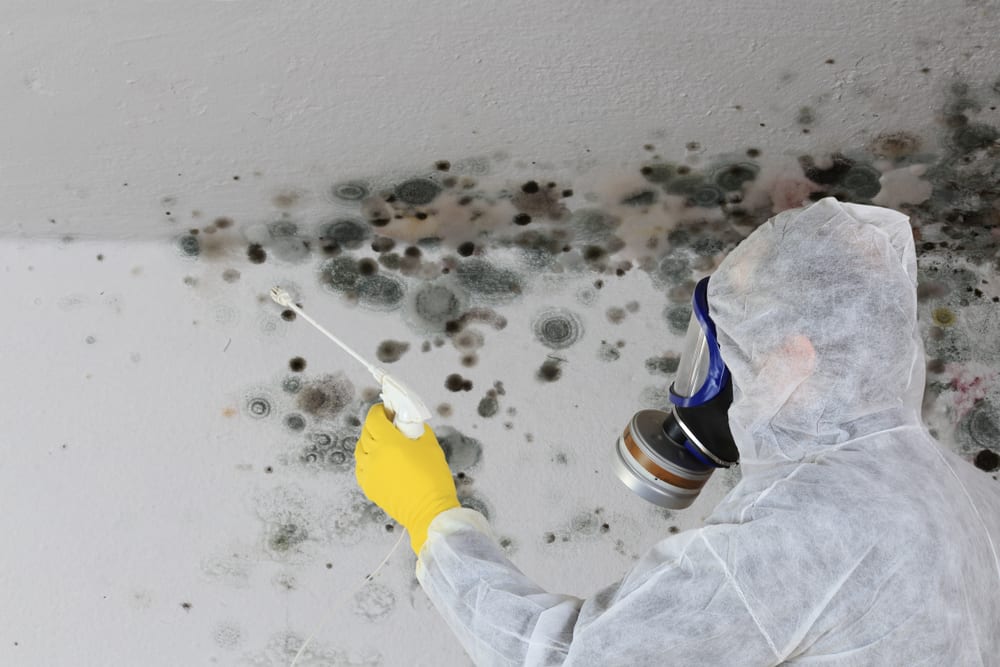
How to Prevent Moisture and Mold Problem in Your Basement
Basement mold is a common problem that can cause extensive damage to your home and cost thousands of dollars to remove. Mold can grow on any surface, but it thrives in humid environments, such as basements. If you think you may have a mold problem in your basement, you should take action immediately by consulting with damp proofing companies. Acting quickly will minimize the damage, help keep the cost of removal down, and maintain in-home comfort for you and your family. Here are some tips for detecting and removing basement mold.
What are Molds?
Molds are a type of fungi that can be found both indoors and outdoors. Molds reproduce by spores, which are tiny particles that can be released into the air. When mold spores land on a wet surface, they may begin to grow and form colonies of mold. While most molds are harmless, some can cause health problems in people with weakened immune systems. Basement mold can be caused by various sources, including water leakage, humidity levels, and even poor air circulation.
Health Hazards of Molds
Mold colonies can produce allergens, irritants, and potentially toxic substances. These can infect your family’s respiratory system causing coughs, asthma, nose and throat issues, and shortness of breath. Some molds also produce mycotoxins, which are poisonous substances. Exposure to high levels of mycotoxins can cause serious health problems.
Warning Signs of Mold in Your Basement

Foul Odor
If you’ve been detecting a strange, musty odor in your home and you’re unsure what’s causing it, you might have a mold problem. That’s because mold secretes a pungent smell, and it’s one of the most obvious signs you have a mold infestation in your basement.
While some people find the sight and smell of molds repulsive, others are so used to it that they don’t even notice it. Unfortunately, many homeowners have never given much thought to mold until they start experiencing its harmful effects. If you fall into this category, then it is time for you to take a closer look at what molds can do to your home and your health. If you’re unsure whether or not you have a mold problem, ask a friend or family member to do a sniff test for you. If they smell anything musty, it’s time to take action.
Dark Spots or Stains on Walls
Mold usually appears as dark spots or stains on walls, ceilings, insulation, and other building materials. However, it is essential to note that there are many different types of molds, and they can appear in various ways. For example, some molds are black or green and furry, while others are white and slimy. No matter what their appearance, all molds should be avoided.
Peeling Paint or Wallpaper
Paint or wallpaper is often used to add color and personality to a room, but when it starts bubbling, cracking, or peeling, it means that moisture has gotten under the paper and is causing damage. Mold spores love to grow in moist environments, and what better place than behind peeling paint or wallpaper? The mold can easily go undetected for months or even years until it becomes a big problem.
Humid Basement
Basements are generally colder than other rooms in a home, making them a prime breeding ground for mold. Cracks in your home’s foundation can also allow water to seep into the basement and cause unsightly molds.
Water Condensation
Condensation can form on windows and pipes in your basement because the air there is moist, and when it comes into contact with cold surfaces, the water vapor in the air turns into liquid droplets. Unfortunately, many homeowners are unaware of the potential for water condensation to cause mold growth in their basements.
Health Problems
Mold can release toxins into the air that can cause serious health problems for people exposed to them. If your family is frequently experiencing allergies or other health problems, the presence of mold in your home may be to blame
Tips to Control MoldS in Your Basement

Repair Leaks and Cracks
One of the best ways to prevent mold growth is ensuring there is no seepage or leakage in your basement walls. By taking the time to seal up any cracks or holes, you can rest assured that your basement will be free of mold and other moisture-related problems.
If you have a brick home, it is best to tuckpoint your walls and foundation. Tuckpointing is the process of sealing the joints between bricks or stones in a wall with mortar. By doing this, you create a watertight seal that prevents moisture from seeping through and causing mold growth.
If you are in the market for masonry tuckpointing in Washington DC, be sure to check out Paragon Remodeling. They are professional contractors with years of experience in the industry. Their team is dedicated to providing quality workmanship and excellent customer service. They would be happy to discuss your project with you and offer a free estimate.
Waterproof Outside Walls
Another way to prevent mold growth in your basement is by waterproofing the exterior of your house. There are several tactics you can use for that. French drain systems and shrubbery around your property that soaks up excess water are two great ways to prevent water seepage to your home. By installing a french drain system, you can direct excess water away from your home and protect it from storm damage. Installing shrubbery around your property can also help soak up excess water and keep your home safe from flooding.
Invest in a Dehumidifier
Keep the humidity levels in your basement under control by investing in a dehumidifier. High humidity can lead to mold growth, which can be dangerous for your family and home. Luckily, running a dehumidifier in your basement can help reduce humidity and prevent mold from growing.
Insulate Water Pipes
In addition to using a dehumidifier, you can also insulate your water pipes. This is an easy and affordable way to reduce humidity levels and help prevent mold growth in your home. There are a variety of insulation materials that can be used, so be sure to choose one that is compatible with the type of pipe you have. Insulating your water pipes is a quick and easy way to battle humidity and prevent mold from growing in your home.









